The Czech Republic has long been known as a destination for infertility patients. But while recent border closures and social distancing measures have made receiving fertility treatments from its world-renowned clinics a bit tricky, couples are still finding ways to start a family even amid the coronavirus outbreak.
As numerous Western countries including the US and Britain cancel fertility procedures, many of their counterparts in the Czech Republic, a smaller nation that has seen more effective control measures, have remained fully operational while changing their scope of services to suit the constantly evolving pandemic situation.
Among them is the Prague Fertility Centre (PFC), one of the pioneering clinics in the country, which was able to give us some insight into the future of a fertility industry that includes treatments and trends with decidedly futuristic names like “social freezing” and “telefertility.”
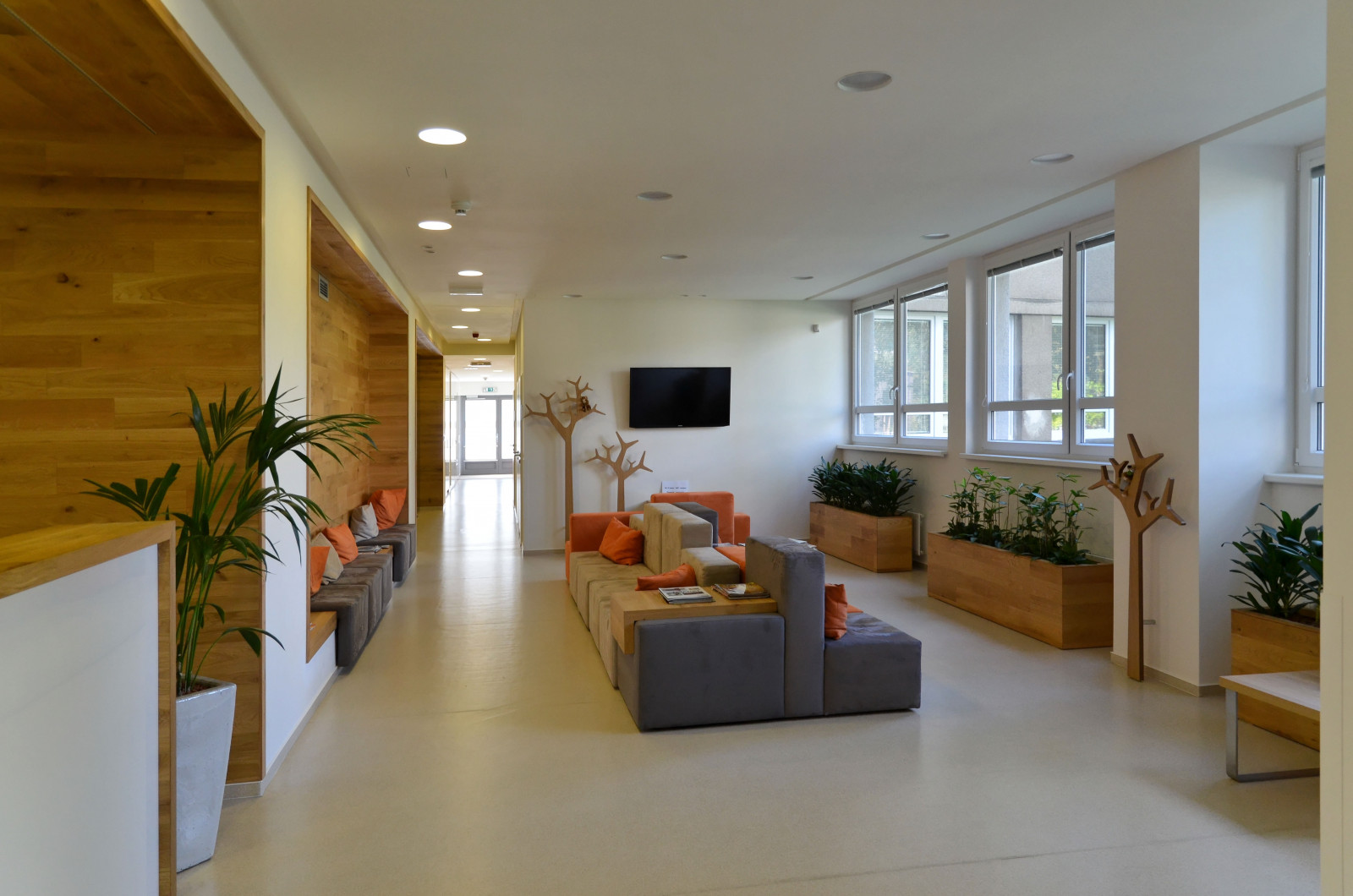
While there is no conclusive information of the coronavirus’s impact on pregnancy, says Dr. Daniel Hlinka, a top embryologist who co-founded PFC in 2010, “People who are skeptical about the situation are leaning towards waiting until more research comes available.”
Fertility preservation, both male and female cell preservation, has seen considerable growth in the face of the current epidemic, according to Dr. Hlinka. “Our cryo-bank is at full-speed these days,” he says, adding that continued research and lab innovation will continue to remain vital as pregnancies are postponed.
As one of the most innovative clinics of assisted reproduction in the Czech Republic, Prague Fertility Centre conducts its own research in the field of embryology with Dr. Hlinka having invented an algorithm that automatically records and tracks embryos using artificial intelligence.
“The technology allows our embryologists to monitor their development from the day of fertilization to the day of transfer,” says Dr. Hlinka. The method helps to detect cell division disorders in embryos and is beneficial for embryo exclusion, which can lead to miscarriages. Time-lapse technology ensures that only viable embryos are transferred, a process that is essential for IVF treatment.
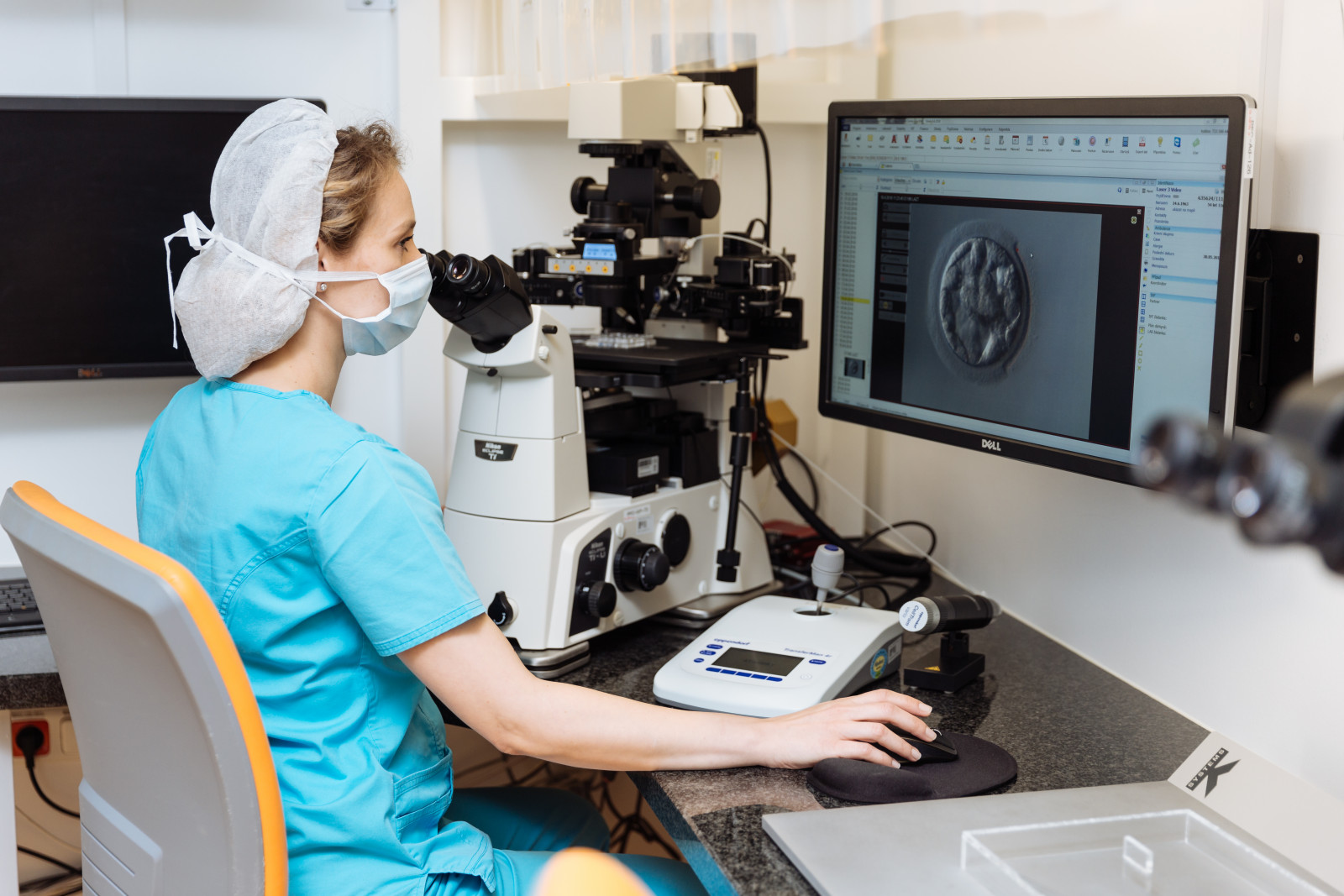
Dr. Sonja Lazarovská, head gynecologist and co-founder of PFC, who has devoted twenty years of her career to fertility and IVF treatments and boasts a high “take-home baby rate,” says in an era when women are opting to postpone pregnancy the treatment of low ovarian reserve (or premature ovarian failure), a specialty of all PFC physicians will remain of critical importance.
Dr. Lazarovská has had particular success in patients who are 38 years and older with the OptimFert method designed to help women with poor or delayed response to hormonal stimulation exponentially increase their chances of getting pregnant by determining the right time for the highest quality embryo transfer.
Dr. Lazarovská further predicts a rise in digital fertility solutions. She says as long as travel restrictions prevail, doctors will increasingly conduct consultations via phone, video, or chat and adds that the clinic is fully prepared to meet these challenges.
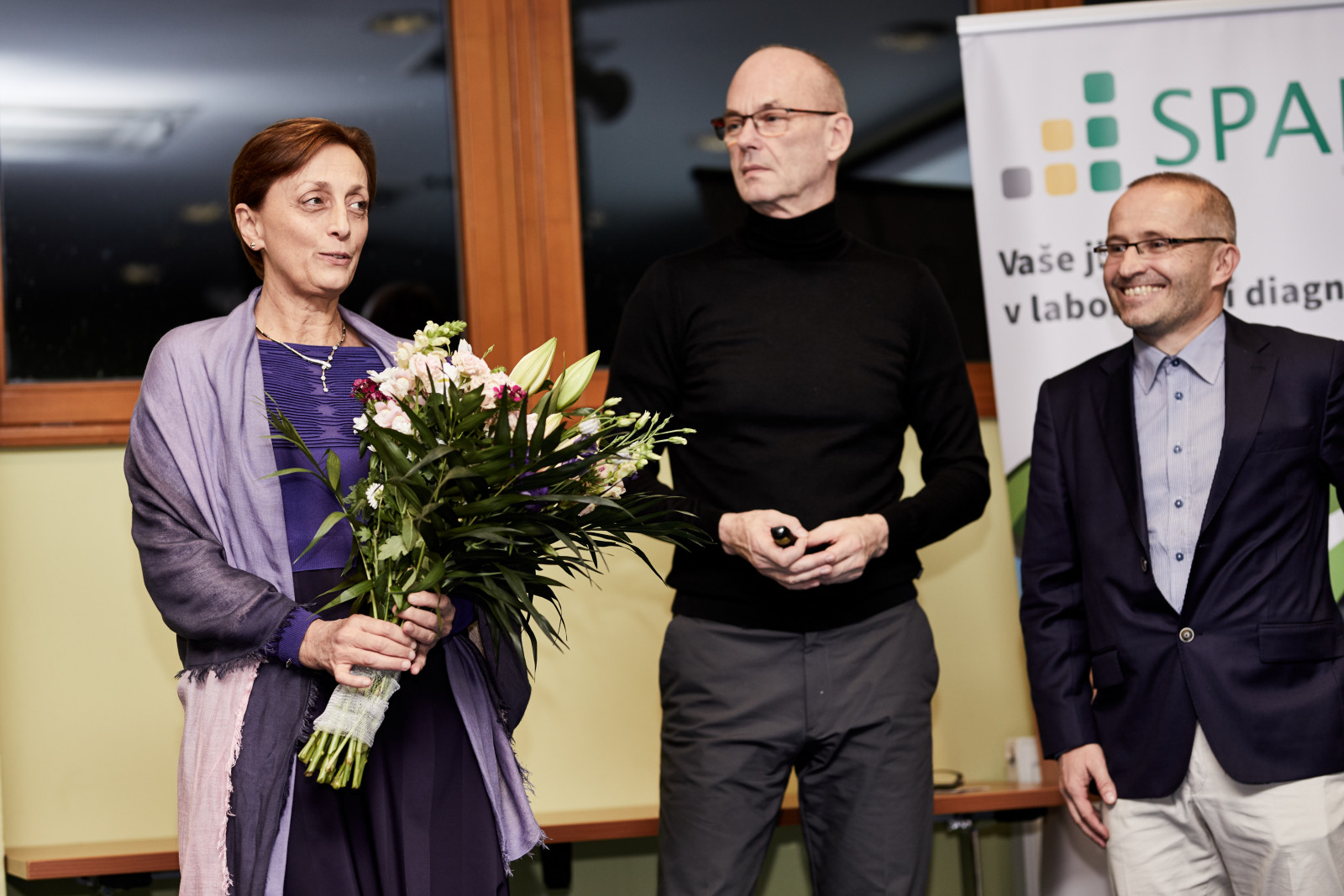
“We have a long tradition of “telefertility” at PFC — this is the way I have operated with foreign patients all along, seeing them personally in Prague for egg collection and embryo transfer, after extensive phone consultations and online treatment guidance,” she says.
Though the center has remained open and operational during the government restrictions, observing strict hygiene precautions in accordance with all the latest measures, PFC is currently offering first consultations via telephone and limiting personal consultations. It is equipped to supervise treatment online.
“We can review exam results on the phone with patients, arrange for medication to be shipped to patient’s homes, or fulfill medical orders, prescriptions, and referrals to specialists completely online,” says Dr. Lazarovská.
Another, somewhat surprising, trend brought about by the quarantine measures, says Dr. Lucie Švabíková, senior physician, is a noticeable surge in local clientele, particularly foreigners living in Prague, who have recently expressed interest in beginning treatments.
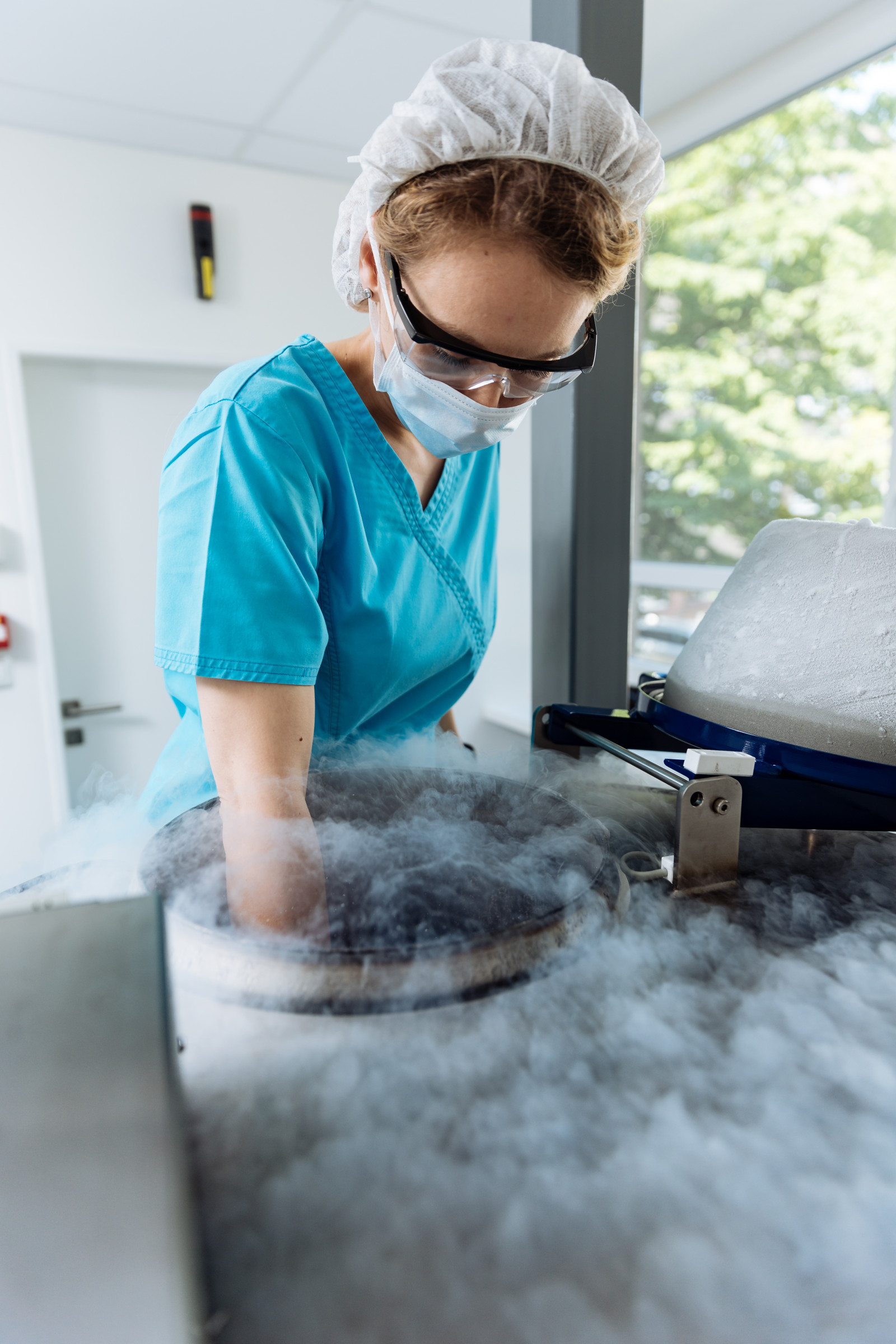
“At the moment we are seeing a lot of people who are generally very busy, suddenly finding the time to learn about their options and reaching out to us online,” says Dr. Švabíková.
She attributes the sudden interest in foreign clientele living in Prague to several factors: PFC accepts all Czech insurance policies and also employs doctors and staff who are native speakers of Russian, German, English, Serbian, Croatian, French, Italian, Romanian, and Spanish.
Because fertility treatments are highly sensitive by nature and stress due to language or culture barriers or even fears over the current COVID-19 outbreak can negatively impact treatment, Dr. Švabíková says she aims to make patients feel at ease from the start.
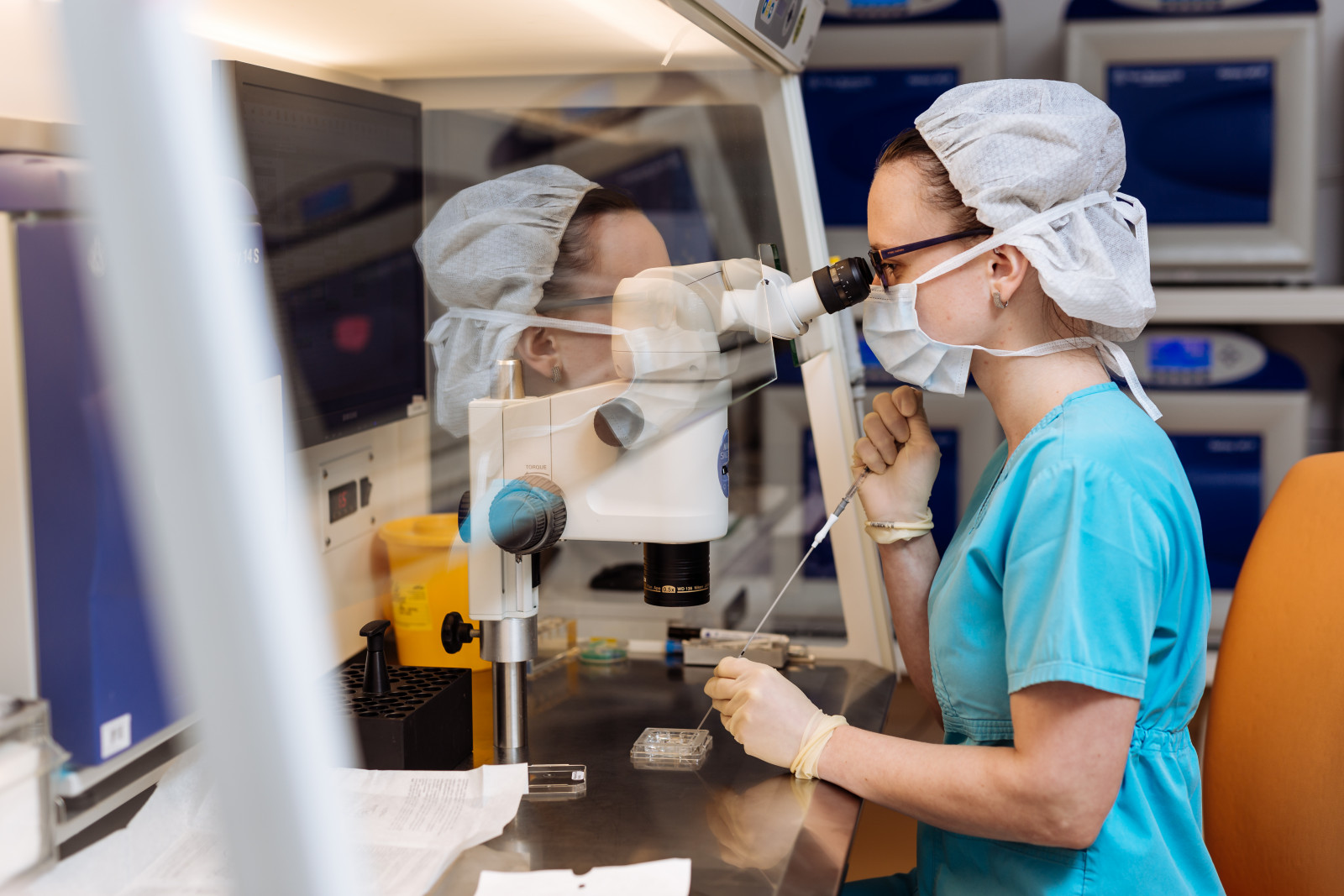
Dr. Lazarovská believes that finding new ways of interacting with patients in an increasingly virtual age, as well as the use of innovative treatments administered with a personal touch will lead the way in helping future infertility patients in the Czech Republic realize their dream of having a baby.
This article was written in association with Prague Fertility Clinic. Please see our partner content policy here.
PFC is currently offering up to 20% off in treatment to first-time patients. Visit www.pragueivf.com to arrange a free consultation.












 Reading time: 4 minutes
Reading time: 4 minutes 

























